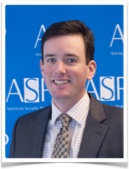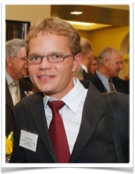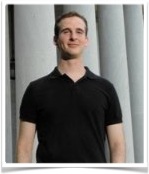This year's theme is Science Policy, especially Science Policy in the United States.
Science policy in the U.S. began with the "Copyright Clause" in the U.S. Constitution (Article I, Section 8, Clause 8) and became a national focus following World War II and intensified after the Soviet launch of Sputnik in October 1957. The National Science Foundation was created in 1950. NASA and ARPA (also called DARAPA) were created in 1958.
Vannevar Bush headed the U.S. Office of Scientific Research and Development (OSRD) during World War II. He managed the activities of over six thousand scientists in the application of science to warfare and national defense. In 1944, President Roosevelt charged Bush to prepare his recommendations what government can do to aid research, to develop scientific talent in America, to organize science to fight disease, and to make known the scientific advancements accomplished during the war. Bush delivered his report to President Harry Truman, entitled "Science, the Endless Frontier." Bush opened his report by motivating science with three pillars: "war against disease", "new products, new industries, and more jobs", and "defense against aggression". He strategy to achieve scientific progress was clearly stated as "obtained only through basic scientific research":
Scientific Progress is Essential
Progress in the war against disease depends upon a flow of new scientific knowledge. New products, new industries, and more jobs require continuous additions to knowledge of the laws of nature, and the application of that knowledge to practical purposes. Similarly, our defense against aggression demands new knowledge so that we can develop new and improved weapons. This essential, new knowledge can be obtained only through basic scientific research.
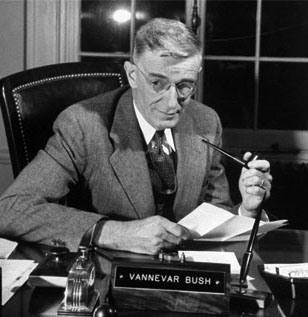 |
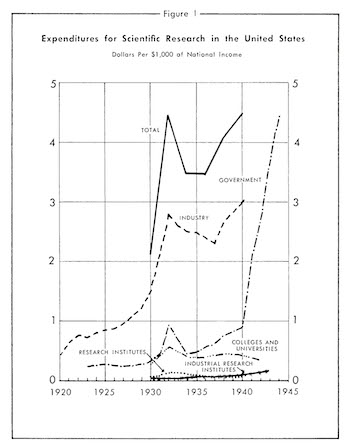 |
Our nation's funding of science has changed significantly since Vannevar Bush's report. In 1944, the U.S. national income was $161 billion. In 2013, the U.S. national income was $16.8 trillion. Adjusted for inflation, the national income eight (8) times larger. In today's dollars, total scientific expenditures were $10.6 billion. In 2012, total scientific expenditures were $452 billion, more than 40 times larger. Significantly, U.S. businesses and industries support most (70%) of the cost of our nation's science and technology research, just as it was at the start of WWII. Today's scientific enterprise is large, diverse, and expensive, and our elected officials struggle to chart the most effective strategy to manage and guide the creative energy and expertise of our nation's scientists. Although scientists have strongly advocated for further increases in federal research investments, our nation's elected officials are maintaining constant taxpayer support for scientific research.
The motivation for this year's theme came from my own experiences with national science policy in plasma physics and magnetic fusion energy and from my year as a Jefferson Science Fellow working in the Office of International Energy Policy (now the Bureau of Energy Resources) in the State Department. The State Department has a role in science policy for several reasons. For one, science has become international, especially with mega projects like the ITER fusion energy experiment in France, the world's most complicated energy project, and the high-energy particle colliders used to understand the fundamental constituents of matter. Others include: science as diplomacy, the international efforts to keep the world safe from misuse of nuclear weapons technology, and the promoting international trade and development based on global advancements in science and technology.
- What are the issues driving science and technology investments today?
- How should scientists contribute to the important policy debates in Congress and in the White House?
- What are the best ways to clearly communicate science and science policy to the general public?
- What size and how to allocate our national research dollar? How do we set the priorities of research spending?
These are complex questions, with no single answer.
This semester, our approach will be to select a few topics of interest and analyze the scientific and technical basis needed to arrive at a science policy recommendation. Like Vannevar Bush 60 years ago, in this seminar, you will serve in the role of science policy advisor.
Your charge will be to prepare a formal science policy recommendation and to write an editorial explaining your recommendations to the general public.
There are no textbooks in this course. I will provide links to PDF documents in the class schedule detailed below.
While preparing for this course, I did refer to three very useful books:
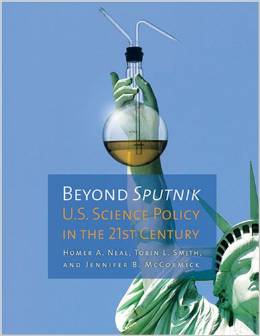 |
Beyond Sputnik: U.S. Science Policy in the 21st Century
The authors maintain a great science policy website: GO BEYOND SPUTNIK ONLINE: located at www.science-policy.net containing t news, teaching resources, learning guides, and internship opportunities in the 21st-Century field of science policy. |
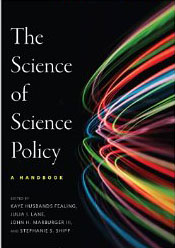 |
The Science of Science Policy: A Handbook "In this volume, many of the nation's foremost science policy scholars make the case for a more rational decision process to guide federal research funding, arguing that 'science for science policy' is a prerequisite. It is not clear that all federal policymakers are open to a rational process. But, the arguments in this book are, indeed, compelling and will certainly propel discussions on this matter."—Neal Lane, Rice University, Former Director of the OSTP and of the NSF. Editors: Julia Lane, Kaye Fealing, John Marburger III, Stephanie Shipp |
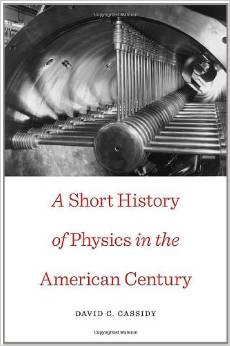 |
A SHORT HISTORY OF PHYSICS IN THE AMERICAN CENTURY A Short History of Physics in the American Century by David Cassidy presents a brisk but excellent institutional and political history of the discipline, ornamented by lucid descriptions of physics concepts and discoveries...[It] deserves a wide audience, including physicists curious about their discipline's prominent role in modern U.S. history.. .A snappy and enjoyable read. (review by Benjamin Wilson, in Physics Today) by David C. Cassidy, Professor of Natural Sciences at Hofstra University. |
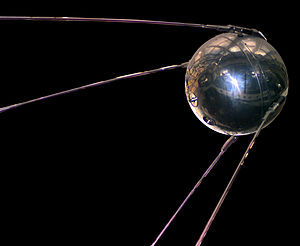 …and the aftermath later in the century.
…and the aftermath later in the century.